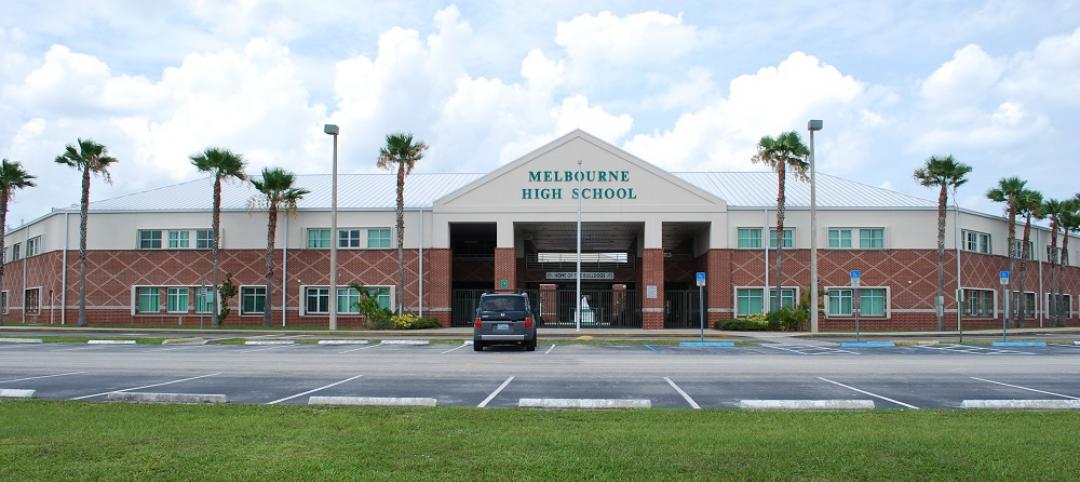While organizations such as the International Code Council set energy efficiency standards, in the U.S., state and local governments have the responsibility of adopting their own building codes.
This decentralized approach to code adoption means much of the work of reducing the carbon impact of buildings is occurring in statehouses and city halls. As a result, a growing group of clean energy and efficiency advocates are focusing on instituting local code amendments that improve on the model code.
In Minnesota, for instance, a coalition of cities and environmentalists are advocating for policy that would shift commercial buildings to net-zero by 2036. The New Buildings Institute (NBI) has submitted code proposals in that state to make new buildings electric-ready. NBI is also working on proposals for Wisconsin and Michigan.
New York, Seattle, and Massachusetts have strengthened building codes beyond the national standard, while lawmakers in nearly 20 states, including Wyoming, Iowa, and Colorado, have considered legislation that would prohibit bans on gas in new buildings. These developments indicate that the fight over energy efficiency code provisions is likely to heat up.
Related Stories
School Construction | May 3, 2016
Florida clamps down on school construction spending
Critics fear rules will hamper ability to build schools with desired features.
Resiliency | May 2, 2016
Connecticut to develop new code standards for resiliency
Expected more frequent severe weather events due to climate change prompts review.
Contractors | Apr 29, 2016
OSHA issues advisory to protect workers from Zika virus
Construction industry workers considered at high risk.
Codes and Standards | Apr 28, 2016
New research finds 30 measures to significantly cut energy use
ASHRAE’s prescription cuts across all building types and climates.
Codes and Standards | Apr 27, 2016
Florida gives developers more time to install first responder radio signal systems
Expensive upgrades can be postponed for several years.
Codes and Standards | Apr 25, 2016
San Francisco becomes first big U.S. city to require solar panels on new buildings
Pertains to commercial and residential buildings shorter than 10 stories.
Codes and Standards | Apr 25, 2016
GSA adopts SITES land development and management rating system
Federal agency will use for properties with and without buildings.
Wood | Apr 22, 2016
Revised 2015 Manual for Engineered Wood Construction available
American Wood Council Document offers design information for structural applications.
Codes and Standards | Apr 20, 2016
OSHA updates eye and face protection standards in final rule
Becomes effective April 26.
Codes and Standards | Apr 18, 2016
Efficiency finance pilot project to spur retrofits on existing buildings
EDF and PG&E team up on interest-free loans for qualified projects.

















